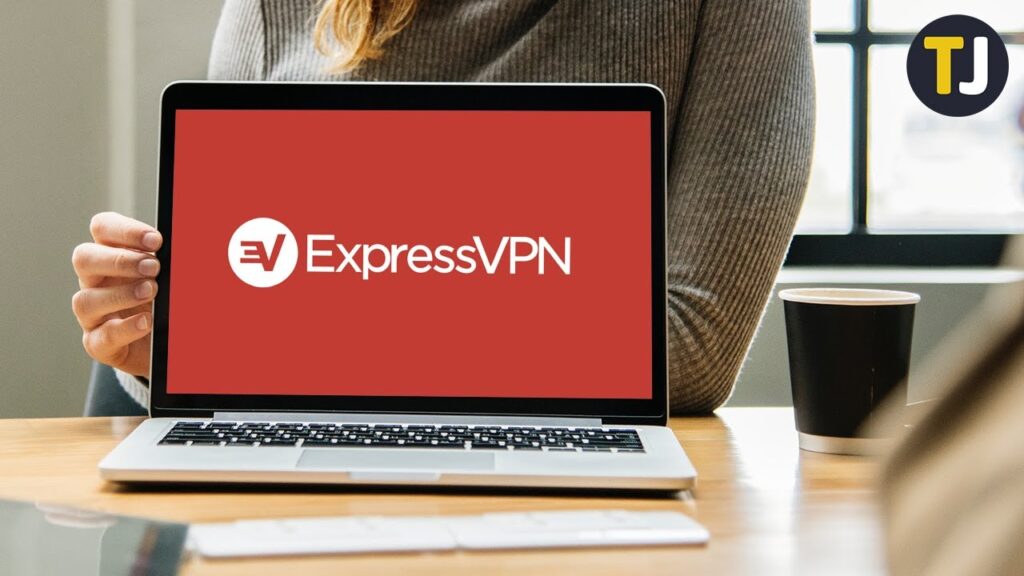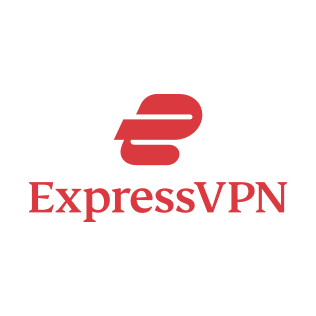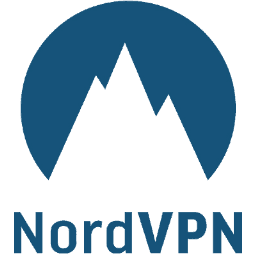
In today's digital classrooms, where information is the key to knowledge, students often find themselves navigating a labyrinth of online restrictions. Welcome to a world where a VPN becomes a game-changer.
Imagine accessing educational resources, streaming content, or even social media, all while bypassing school-imposed digital fences. This blog delves into the realm of using VPNs at school, revealing how these virtual keys can unlock online freedom.
Whether it's breaking through content barriers or safeguarding your digital privacy, discover why students are embracing VPNs to enhance their educational journey.
Understanding the Need for a VPN in School
In educational institutions, internet limitations and content censorship aim to create focused learning environments and protect students from inappropriate content. However, this well-intentioned control can inadvertently hinder access to valuable resources.
This is where VPNs step in. Students often require VPNs to access academic materials, research, and online resources that might be blocked. Moreover, VPN ensure privacy while using public Wi-Fi networks, shielding personal data from potential threats.
By circumventing content restrictions, VPNs empower students to harness the full potential of the internet while maintaining security and privacy in the school environment.
Choosing the Right VPN for School: ExpressVPN
When it comes to selecting a VPN for school use, ExpressVPN emerges as an ideal choice. Renowned for its exceptional features, ExpressVPN offers robust encryption, ensuring that students' online activities remain private and secure.
Its lightning-fast connection speeds ensure seamless browsing and uninterrupted access to resources. What sets ExpressVPN apart is its capability to effortlessly bypass network restrictions imposed by schools, granting students the freedom to explore the online realm without limitations.
Navigating the digital landscape at school can be both exciting and restricted, but with the right VPN, students can unlock online possibilities while maintaining security and privacy. So check out reccomended list of VPNs that will surely fit to your needs:
With ExpressVPN, students can navigate the digital landscape with confidence, ensuring both privacy and unrestricted access to valuable educational content.
Steps to Use ExpressVPN At School

Using ExpressVPN at school is a straightforward process that empowers students to break free from digital constraints. Follow these steps for seamless access:
- Sign Up: Create an ExpressVPN account on their website and choose a subscription plan that suits your needs.
- Download and Install: Download the ExpressVPN app on your device. It's compatible with various platforms, including Windows, macOS, iOS, and Android.
- Launch the App: Open the app and log in using your credentials.
- Choose a Server: Select a server from ExpressVPN's extensive list. Opt for a server in a location that's not restricted by your school's network.
- Connect: Click the “Connect” button to establish a secure connection to the chosen server.
Bypassing Restrictions: With ExpressVPN activated, you can now access websites and content that might be blocked by your school's network.
Tips for Dealing with Issues:
- VPN Blocking: If your school employs VPN-blocking measures, try switching to a different server or using the Stealth VPN mode offered by ExpressVPN.
- Connectivity Problems: If you encounter connectivity issues, ensure you're using a reliable internet connection and try connecting to a different server.
- App Updates: Keep the ExpressVPN app updated to benefit from the latest features and security enhancements.
By following these steps and tips, students can navigate the online world freely and securely using ExpressVPN, even within the confines of their school network.
Risks and Considerations in Using a VPN at School
While using a VPN at school offers numerous benefits, it's essential to be aware of potential risks and considerations.
Legal and Policy Concerns
Some schools might have policies against VPN usage, considering it a violation of their network regulations. Additionally, depending on your location, using a VPN to bypass content restrictions might infringe upon local laws or violate school policies.
Responsibility and Ethics
It's crucial to use VPNs responsibly and ethically. While VPNs can grant access to restricted content, they can also be misused for inappropriate activities.
Students should avoid engaging in any unethical or illegal behavior while using a VPN, maintaining the integrity of the school's digital environment.
By understanding and respecting these risks and considerations, students can ensure that their use of VPNs remains within legal boundaries and ethical guidelines, contributing to a positive and responsible online experience within the school setting.
Conclusion
In conclusion, using a VPN at school offers students a powerful tool to navigate the digital landscape with greater freedom and security. By bypassing content restrictions, accessing valuable resources, and safeguarding their online privacy, students can enhance their learning experience.
However, responsible usage is key. It's vital to respect school policies, local laws, and ethical considerations when using a VPN. By prioritizing online privacy and responsible behavior, students can truly harness the potential of VPNs to enrich their educational journey.
So, as you embark on this digital expedition, remember to use VPNs wisely, ensuring a balanced blend of access, security, and integrity.
FAQs
Is using a VPN at school legal?
Using a VPN itself is legal in most places. However, school policies might prohibit VPN usage on their networks. It's essential to check your school's guidelines and local laws before using a VPN.
Can a school block VPN usage?
Yes, schools can implement measures to block VPN traffic on their networks. Some VPNs offer features like Stealth mode to counter these restrictions, but respecting school policies is crucial.
Will using a VPN slow down my internet connection?
Are there any free VPN options for students?
Can I use a VPN on school-provided devices?

Thomas Smith is the editor of forprivacy.org, overseeing a team focused on building the voice of the cybersecurity world through guides, reviews articles and community. His background is as a writer and seasoned software industry veteran with 10 years of experience.
More Posts




